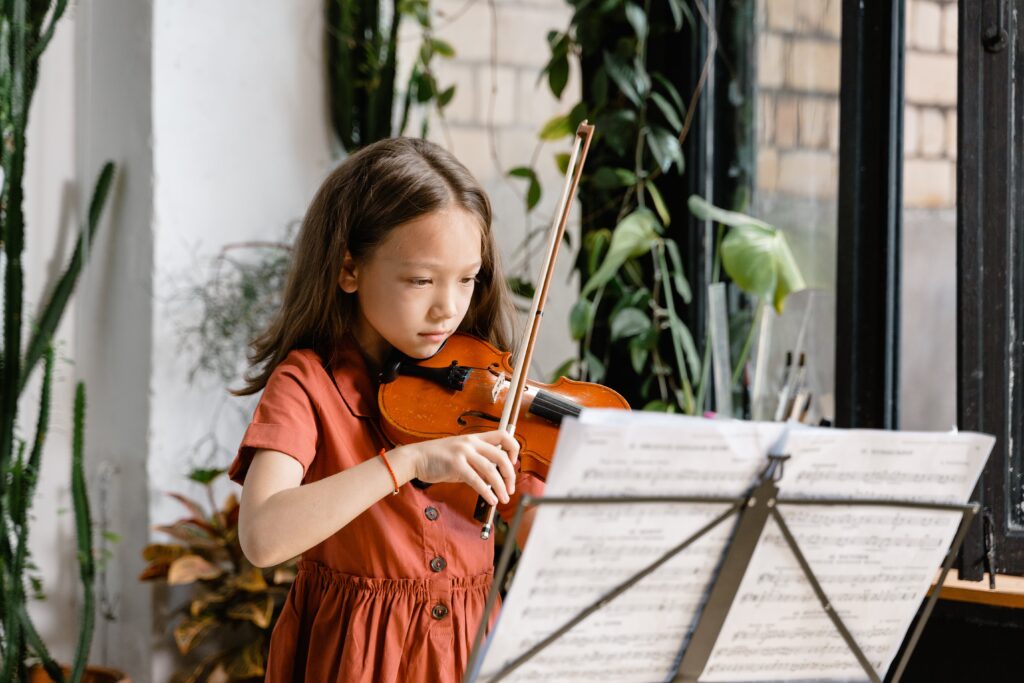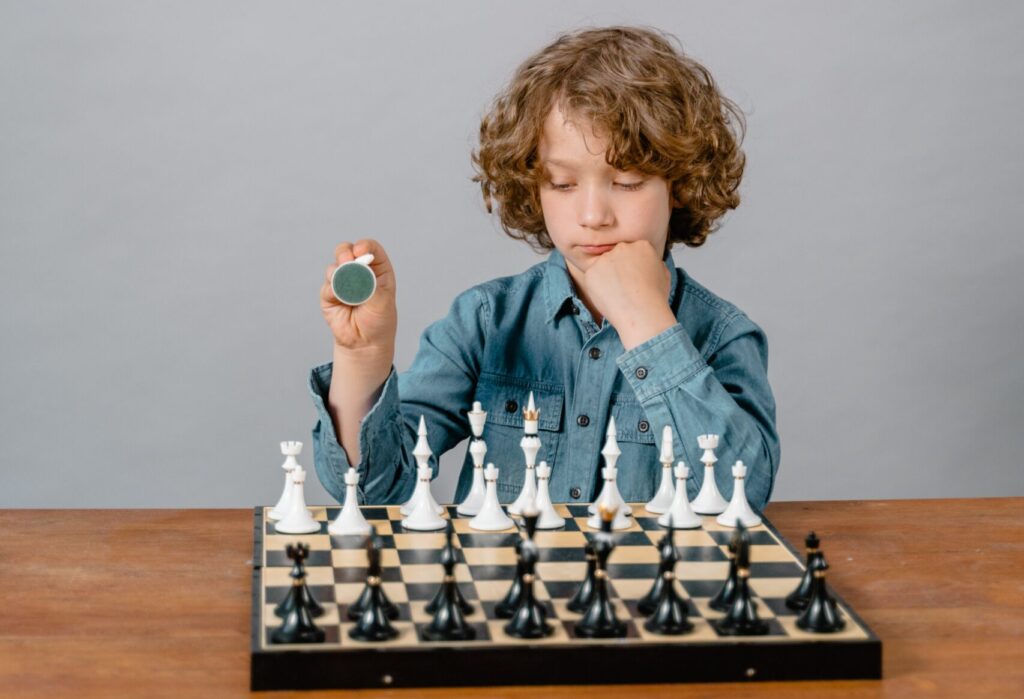In today’s fast-paced world, where academic achievements often take the center stage, it’s easy to overlook the significance of extracurricular activities in a child’s life. However, these activities play a pivotal role in shaping a child’s overall development.
Extracurricular activities encompass a wide range of pursuits outside the traditional classroom setting. These can include sports, arts, music, clubs, and various hobby-based activities. They provide children with the opportunity to explore their interests, build skills, and develop character.
In this article, we’ll explore how extracurricular activities can benefit your child in:
- Physical and mental health
- Social and emotional growth
- Cognitive development
- Passions and interests
Keep ‘em Moving – Physical and Mental Health Benefits
Participation in sports and physical activities is an excellent way to promote physical health in children. It encourages an active lifestyle and helps to prevent issues related to sedentary behavior.
Beyond the physical benefits, extracurricular activities also promote mental well-being as children release stress through activities they enjoy. Many extracurricular activities involve socializing and group activities which can be a great opportunity for them to interact with classmates and friends, which leads us to our next topic.
A Social Butterfly in the Making – Social and Emotional Growth
One of the most significant advantages of extracurricular activities is the development of social and emotional skills. Children develop skills that are invaluable in both their academic and personal lives by:
- Interacting with their peers
- Resolving conflicts
- Working as a team
For instance, a child who participates in team sports learns the value of teamwork and communication, which can be applied in the classroom and later in their careers. Moreover, these activities help build self-esteem and confidence. Achieving success in an extracurricular pursuit can be a significant confidence booster, which can benefit children in all aspects of their lives.

Not All Brawn – Cognitive Development
Particular extracurricular activities can also contribute to cognitive development. For example:
- Learning to play a musical instrument can enhance memory and concentration.
- Artistic activities such as drawing or painting can encourage creativity and problem-solving.
- Activities like chess can improve critical thinking skills.
These cognitive benefits can have a positive impact on a child’s academic performance and beyond. Furthermore, they can open the doors to lifelong passions and unique experiences.
Ignite their Passions – Fostering Your Child’s Interests
Extracurricular activities provide an ideal platform and environment for children to discover their passions and interests. Through exposure to a variety of activities, they can find something that truly resonates with them.
For instance, a child who joins a robotics club may develop a lifelong interest in engineering, or a young musician may discover their love for composing music. These pursuits can become lifelong hobbies or even future careers!
Choose the Right Activity
As a parent, choosing the right extracurricular activities for your child can be a daunting task. The key is to understand your child’s interests and preferences. It’s important to involve your child in the decision-making process to ensure that they are genuinely excited about their chosen activity. Additionally, consider the time commitment and logistics, as well as your child’s age and abilities when making your choice.
It’s also important to note that while the benefits of extracurricular activities are abundant, they can come with challenges. It’s essential to be aware of and address these challenges as a parent. Common challenges include:
- Scheduling conflicts
- Financial constraints
- Academic pressures
Open communication with your child and their teachers or coaches is vital to overcome these challenges. Academic professionals can offer a huge helping hand in these decisions, and seeking support and advice from other parents who have faced similar situations can greatly help in your preparations. With determination and creative problem-solving, these challenges can be surmounted.
Lastly, encourage your child to explore their interests, participate actively in their activities, and attend their performances or games. Support them emotionally, whether they succeed or face setbacks. Your involvement and encouragement can make a significant difference in their overall experience.

Since 1994, Century Private School has offered a safe, pleasant, and nurturing environment for students from Montessori preschool to high school. We are dedicated to providing first-class education to embrace the vision of our students achieving excellence through their experience at Century Private School.
Be sure to follow us on Instagram and Facebook. If you have any questions about our facilities, contact us or sign up for a private tour here!



